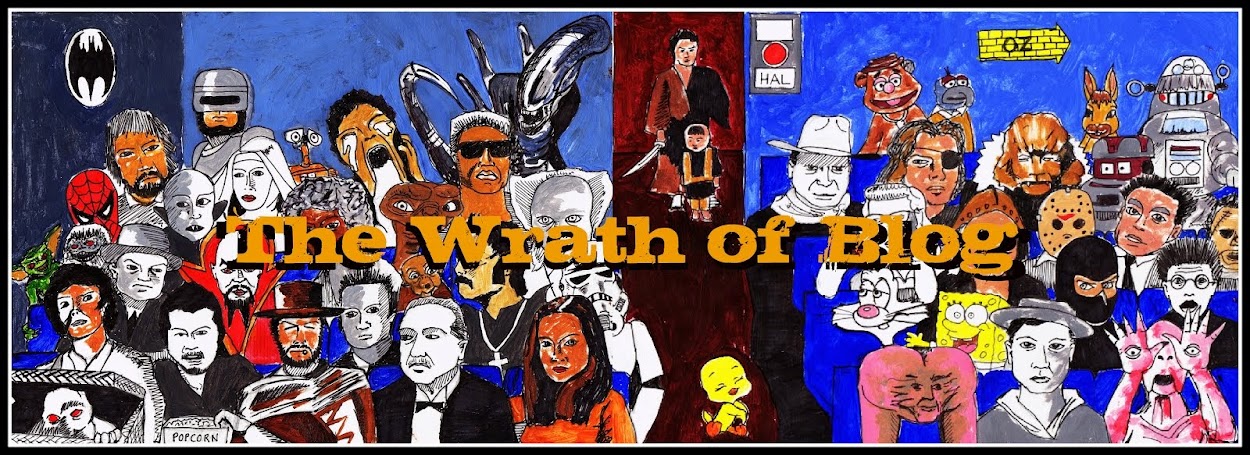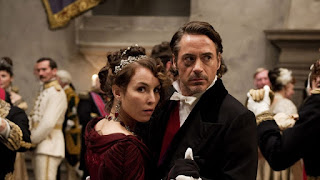 By sticking to the formula, Phillips has forced himself to a corner where the details have to bigger and more outlandish. Instead of Vegas, Phil (Bradley Cooper), Stu (Ed Helms) and Alan (Galifianakis) are in Thailand to celebrate Stu's upcoming wedding to Lauren (Jamie Chung). After a planned quiet night on the beach with a beer and marshmallows, they wake up in a grimy hotel room in Bangkok with no memory of the night before and inexplicably in the presence of gangster Mr. Chow (Ken Jeung) from the first film. When Chow seemingly overdoses on cocaine, they are left to piece things together themselves.
By sticking to the formula, Phillips has forced himself to a corner where the details have to bigger and more outlandish. Instead of Vegas, Phil (Bradley Cooper), Stu (Ed Helms) and Alan (Galifianakis) are in Thailand to celebrate Stu's upcoming wedding to Lauren (Jamie Chung). After a planned quiet night on the beach with a beer and marshmallows, they wake up in a grimy hotel room in Bangkok with no memory of the night before and inexplicably in the presence of gangster Mr. Chow (Ken Jeung) from the first film. When Chow seemingly overdoses on cocaine, they are left to piece things together themselves.If this was a stand-alone movie without the existence of its predecessor, then this probably would have been a winner. While its frequently goes overboard with the crass humour, its consistently amusing without succeeding in being quite so laugh-out-loud as the first movie, thanks mainly again to Galifianakis, whose man-child Alan is the funniest aspect of the film. Yet while his naivety and plain stupidity was so endearing in the original, the sequel also takes Alan to increasingly dark places. Here, he is not so much social inept but dangerously insane to the point that he becomes occasionally outright unlikeable.
And this is the main issue - replacing charm and goofiness with extreme humour. Stu was missing a tooth in the first film, but this time he wakes up with a Mike Tyson tribal tattoo on his face. Rather than Tyson's tiger, we have a chain-smoking drug-mule monkey. Rather than finding Doug (Justin Bartha) vanished, they lose Lauren's prodigal younger brother Teddy (Mason Lee), to which the only clue to his participation is his severed finger. And having previously married a stripper, Stu discovers that - in the most uncomfortably unfunny scene - he has been sodomised by a ladyboy. Add to the mix a sub-plot involving gangster Kingsley (Paul Giamatti) and his search for Chow, the film spends too much time away from the hapless threesome's interplay in favour of watching their reactions to a variety of cruel situations.
Directed by: Todd Phillips
Starring: Bradley Cooper, Ed Helms, Zach Galifianakis, Justin Bartha, Ken Jeong, Paul Giamatti
Country: USA
Rating: **
Tom Gillespie














